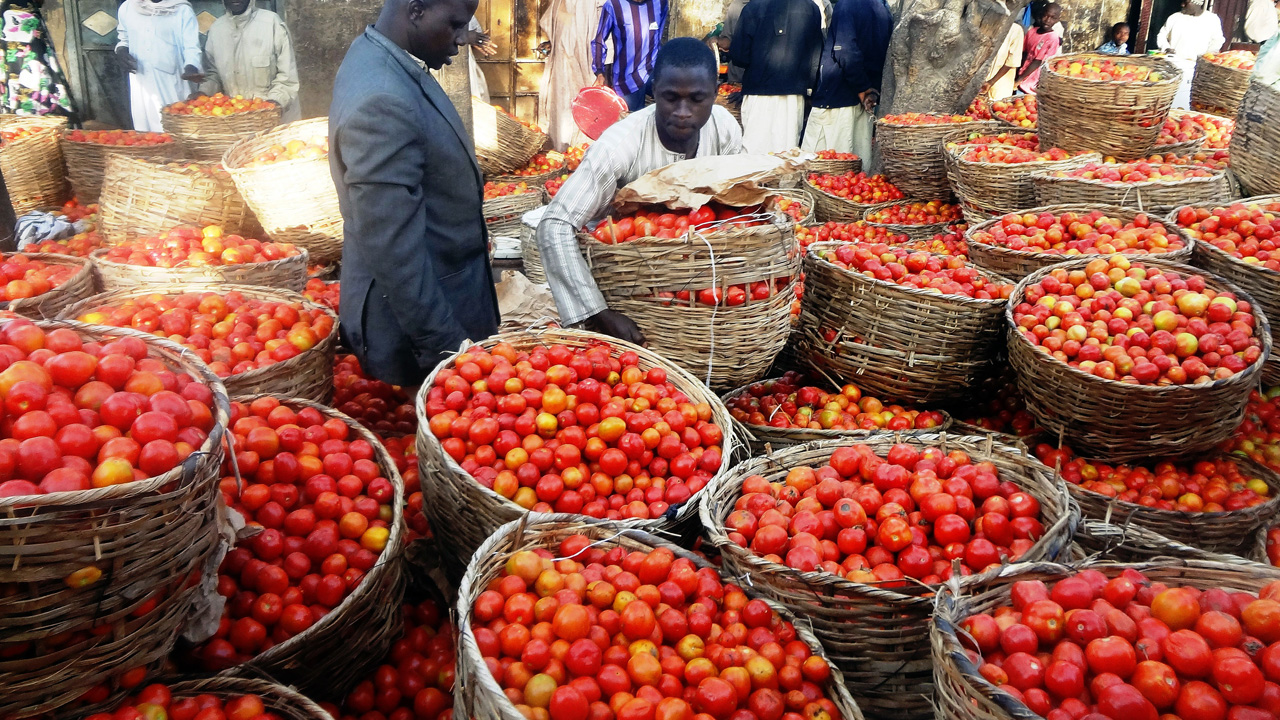Due to the Eid-el-Kabir celebration, prices of perishable items have skyrocketed in Kano amid low patronage of the produce.
A check by the News Agency of Nigeria (NAN) on Wednesday at Yan-Kaba perishable market showed that prices had shot up by over 85 per cent in the past few weeks.
Perishable items such as tomatoes, pepper and onions had indicated hike in prices.
A basket of tomatoes was sold at N11, 000 as against its old price of N 6,500 while a bag of pepper now sold at N 9,000 as against N5,500.
A bag of onions also sold at N20,000 as against its previous price of N13,000 in the past few weeks.
Yam also indicated similar increase in prices, as six pieces of yam which previously sold for N4,500 now cost N 6,000.
Traders at the market attributed the hikes to high cost of transportation and rainy season.
Umar Abubakar, a tomato dealer, noted that there was significant decrease in the supply of the produce to the market due to the rainy season.
“Tomato plantations wilts during rainy season, thus prompting drastic drop in the supply.
“Also; prices are increasing due to high cost of transportation, we spent much in transporting the produce from Katsina, Jigawa, Kaduna and Plateau States,” he said.
Another trader, Ado Isa, however, said they were not making sales due to low patronage of the produce.
Isa expressed the hope that prices would go down with improvement in the supply of the produce to the market.

